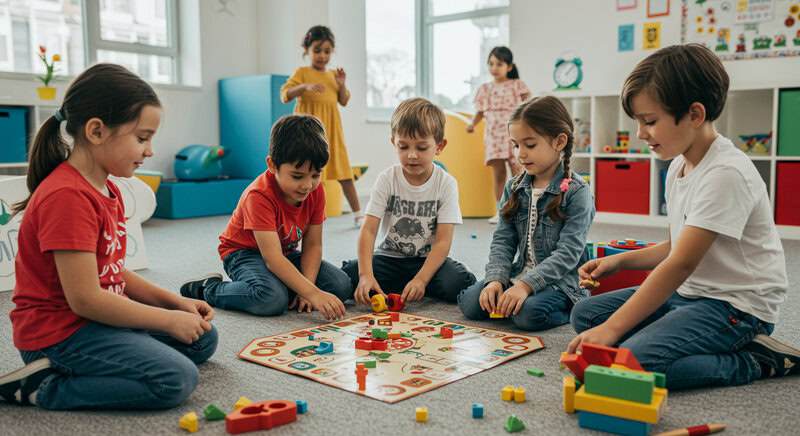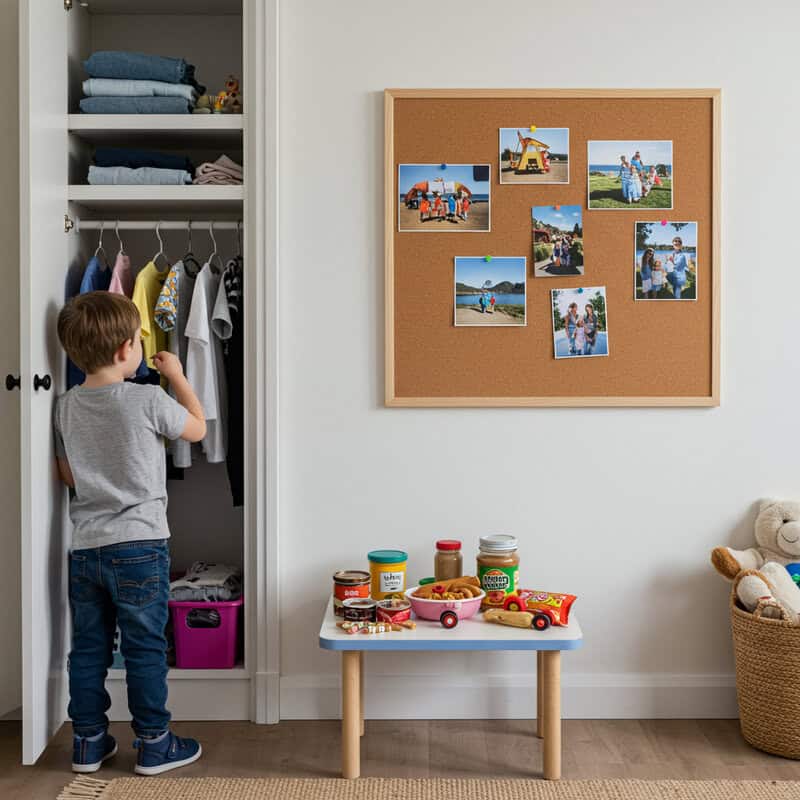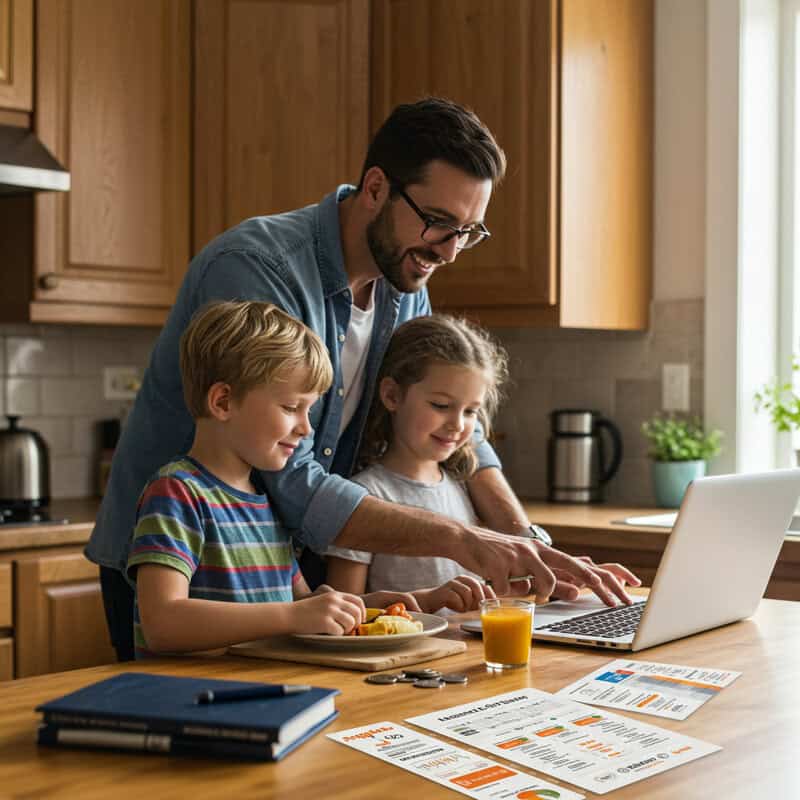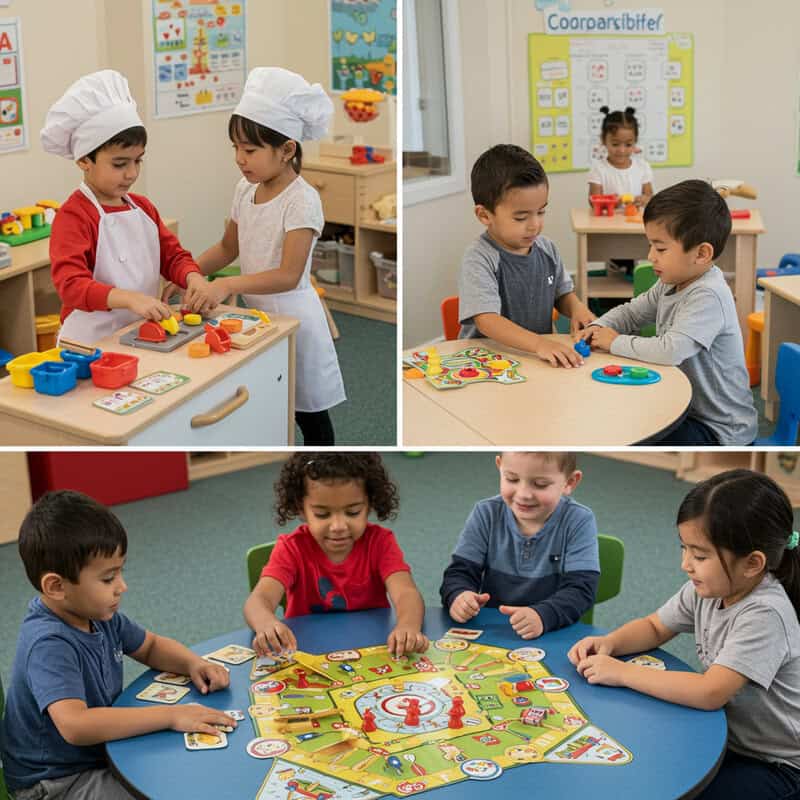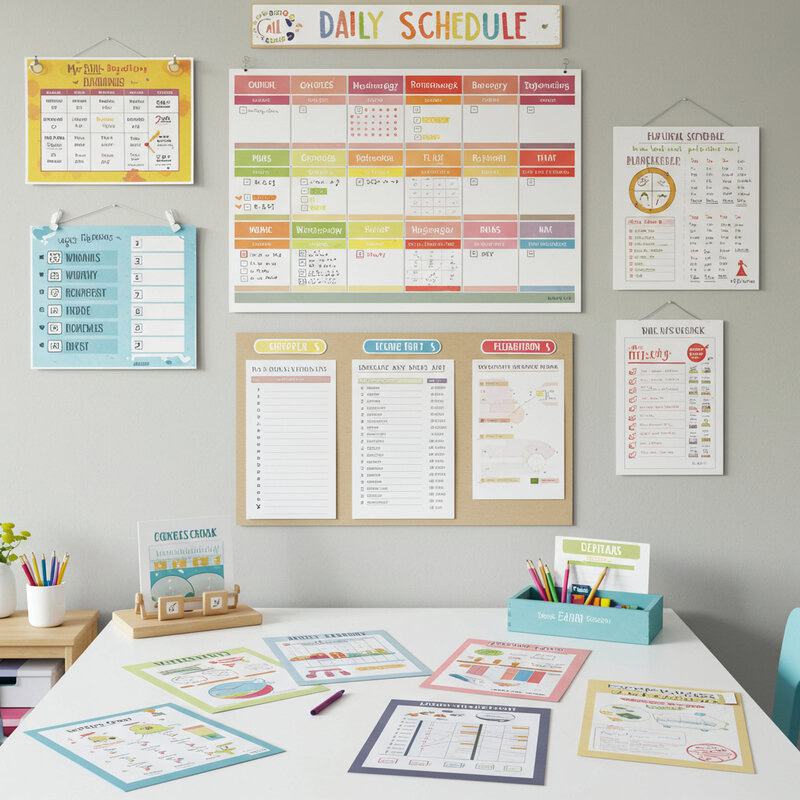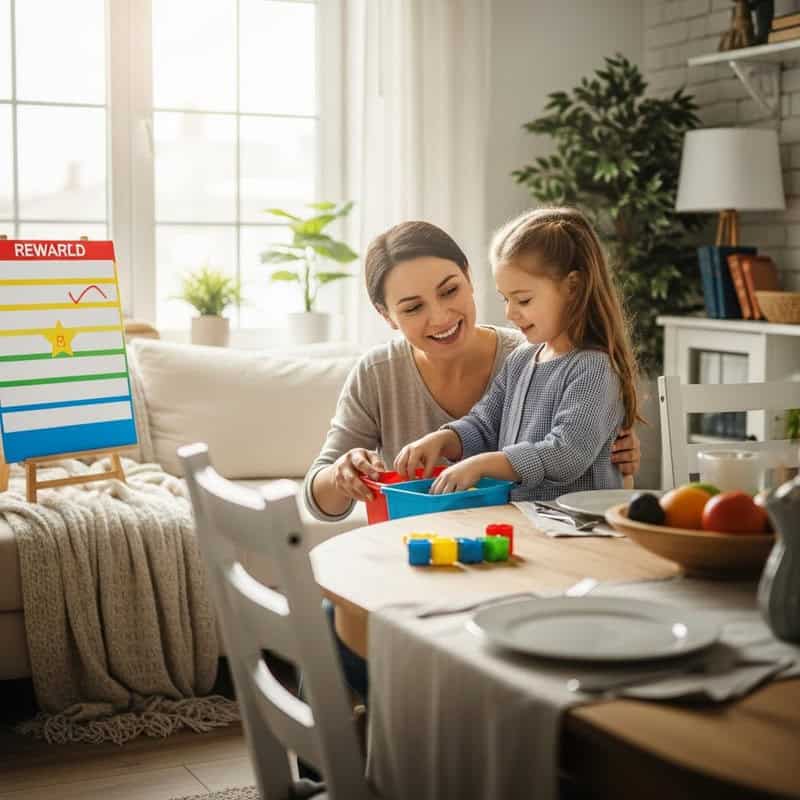Use Reward Systems Wisely
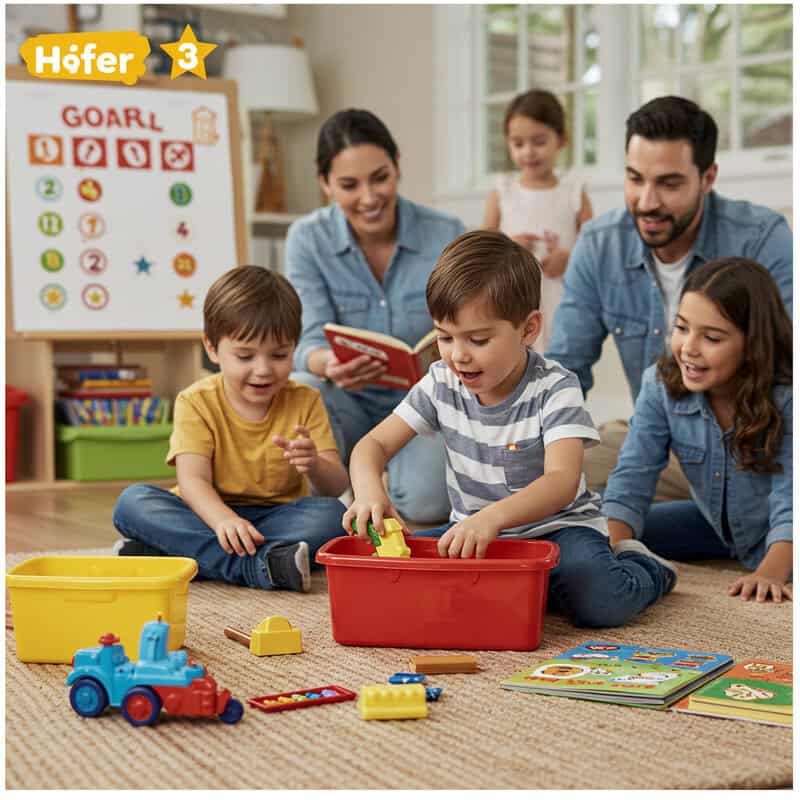
Implementing a reward system can motivate kids to practice responsibility, but it’s important to strike a balance to avoid dependency on external rewards. Use positive reinforcement, such as verbal praise or extra story time, to acknowledge responsible choices.
Consider goal-setting activities, like earning points toward a special family outing, to encourage consistency and self-motivation. Focus on intrinsic rewards—like a sense of achievement—rather than material prizes. This approach nurtures lasting habits and personal growth. For more tips on effective reward systems, visit Verywell Family’s guide to reward systems.

